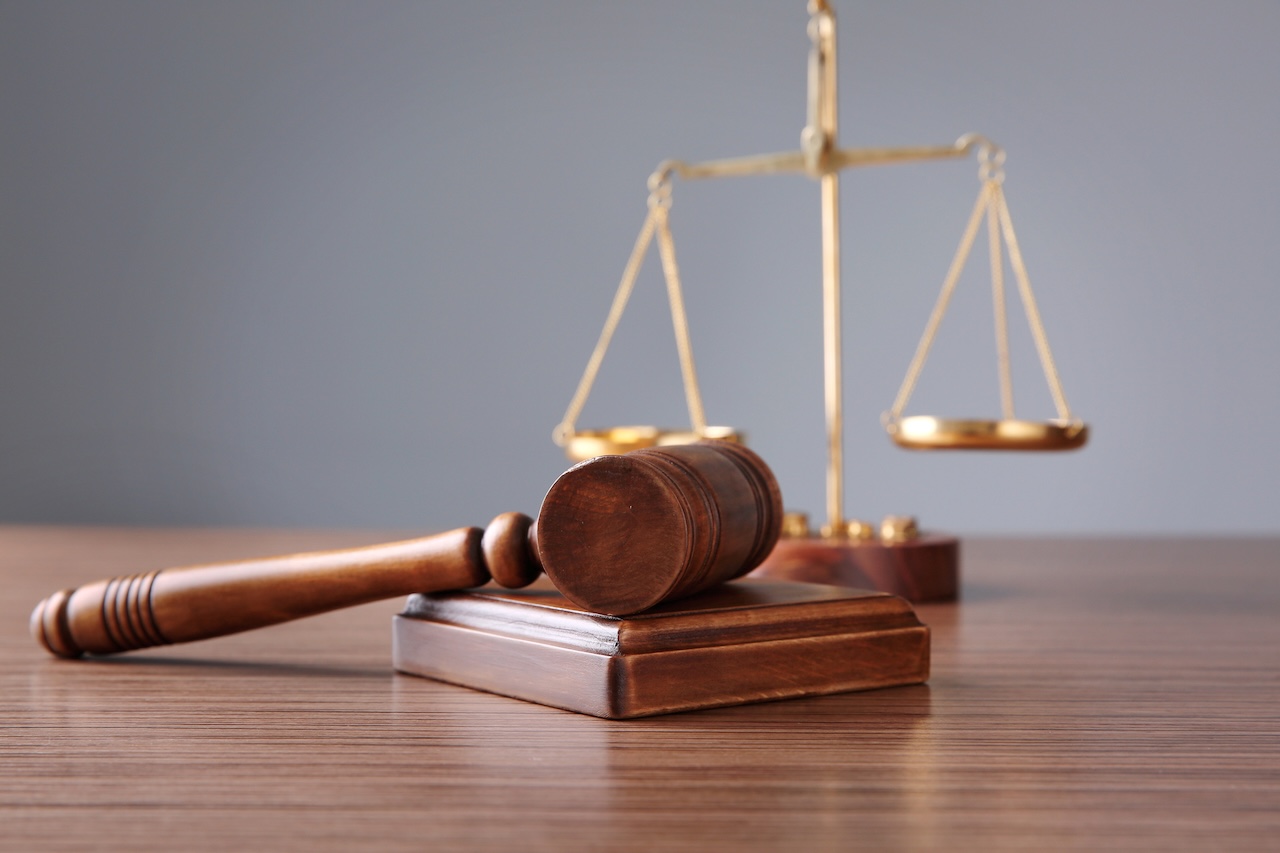Every person convicted of a crime in Florida has a constitutional right to appeal the final judgment and sentence. Florida’s appellate courts consist of six district courts of appeal and the Florida Supreme Court.
The Florida Supreme Court is a court of limited jurisdiction and, as a result, the overwhelming majority of criminal appeals are litigated in the district courts of appeal, which are divided geographically across Florida. The First District Court of Appeal handles criminal appeals from the Florida panhandle, including Tallahassee. The Second District Court of Appeal hears criminal appeals from the central west coast of Florida, including St. Petersburg, Tampa, and Sarasota. The Third District Court of Appeal presides over criminal appeals from Miami-Dade County, including Miami and the Florida Keys. The Fourth District Court of Appeal has jurisdiction over criminal appeals from the east central coast of Florida, including West Palm Beach. The Fifth District Court of Appeal handles criminal appeals from the northeast coast of Florida, including Jacksonville and Daytona Beach. The Sixth District Court of Appeal hears criminal appeals from central Florida and part of the west coast, including Orlando and Ft. Myers.
After a criminal conviction, a person may appeal: a final judgment of conviction when probation has not been granted; an order granting probation; an order revoking probation; a sentence, on the ground that it is illegal; or a sentence imposed which exceeds the statutory maximum penalty or the consecutive statutory maximums for offenses at conviction, unless otherwise provided by law. Florida Statutes § 924.06. This means that after a trial or a probation violation hearing a person can appeal their conviction and sentence to the district court of appeal located in the area where the criminal conviction arose.
Generally, it is very difficult to appeal if someone has entered a plea to a criminal charge. Florida Statutes § 924.06(3) provides that a person who “pleads guilty with no express reservation of the right to appeal a legally dispositive issue, or a defendant who pleads nolo contendere with no express reservation of the right to appeal a legally dispositive issue, shall have no right to a direct appeal.” This means that you cannot appeal a plea unless you reserve the right to appeal a specific issue and that issue is legally dispositive-the prosecution could not proceed. This provision is most frequently used when a trial court denies a motion to suppress evidence as a violation of a person’s constitutional rights.
To start a criminal appeal, a person should hire an experienced appellate attorney to file the necessary paperwork. This must be done within thirty days of the order being appealed. Contact a board certified appellate expert today!

